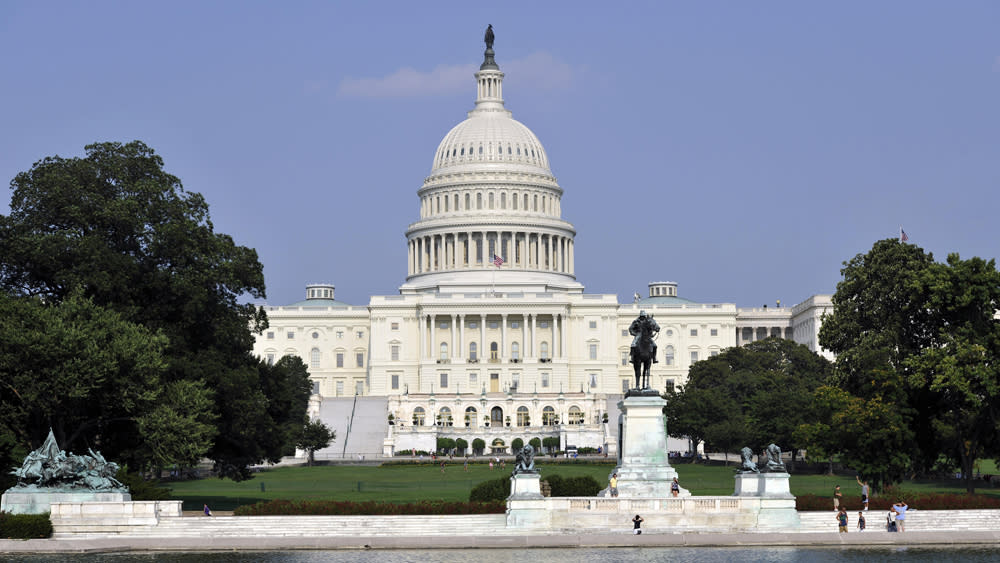Senators Introduce Bill to Extend Copyright to Classic Recordings

WASHINGTON — A group of Democratic and Republican senators introduced legislation to extend copyright protection to music sound recordings before 1972, giving artists a way to receive royalties when their works are played on satellite and digital radio services.
Almost 50 years ago, federal copyright protection was extended to sound recordings, but it applied only to music made after Feb. 15, 1972. Artists and labels have pressed for changes in the copyright law as streaming and satellite platforms increasingly rely on ’50s and ’60s recordings as part of their channel lineups.
The legislation is backed by the Recording Industry Association of America and Pandora, along with Sound Exchange, which would handle the distribution of royalties for the pre-1972 recordings.
Sen. John Kennedy (R-La.), Sen. Chris Coons (D-Del.), Sen. Thom Tillis (R-Tenn.), Sen. Bob Corker (R-Tenn.), and Sen. Cory Booker (D-N.J.) are the initial sponsors of the legislation, which is called the Compensating Legacy Artists for their Songs, Service and Important Contributions to Society Act, or CLASSICS Act. It is similar to legislation that was introduced in the House last year.
Record labels and artists have pursued royalties for the pre-1972 recordings in state courts, including litigation against SiriusXM, but the CLASSICS Act is designed to address the patchwork of laws in different jurisdictions. In a statement, Mary Wilson of The Supremes said that songs that the group recorded in the 1960s, like “Stop! In the Name of Love” and “Baby Love” are treated with “less value” by SiriusXM channels than their 1976 hit “I’m Gonna Let My Heart Do the Walking.”
Dionne Warwick, who recently testified at a House hearing in New York on the lack of copyright protection, said in a statement, “This is not only a real harm to these artists who rely on royalties as their income, but it’s also just plain wrong. Thankfully, this legislation would show the artists who’ve created some of our most beloved music not only admiration but respect.”
The legislation would not address what has long been a goal of artists and labels: establishing a performance right when their works are broadcast over the air. The music industry has clashed with broadcasters over previous efforts to pass legislation.
Related stories
NAFTA Renegotiation Triggers New 'Safe Harbor' Copyright Battle
SoundExchange Re-Ups Chief Executive Michael Huppe Through 2021
Subscribe to Variety Newsletters and Email Alerts!

